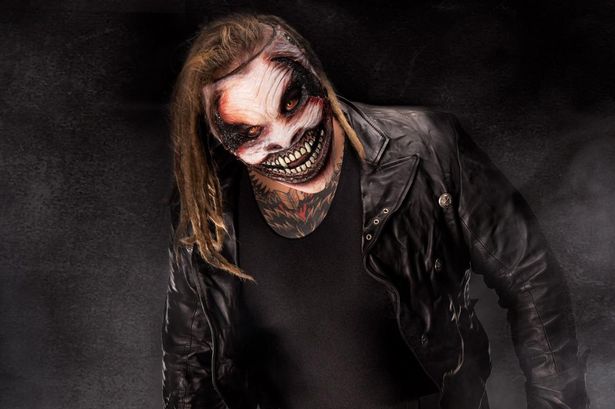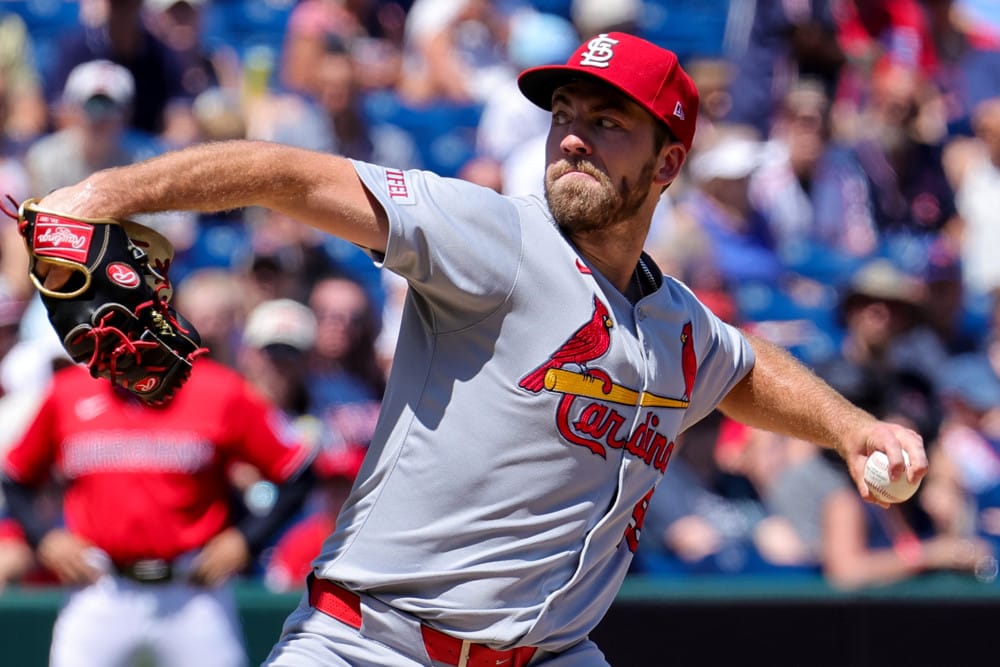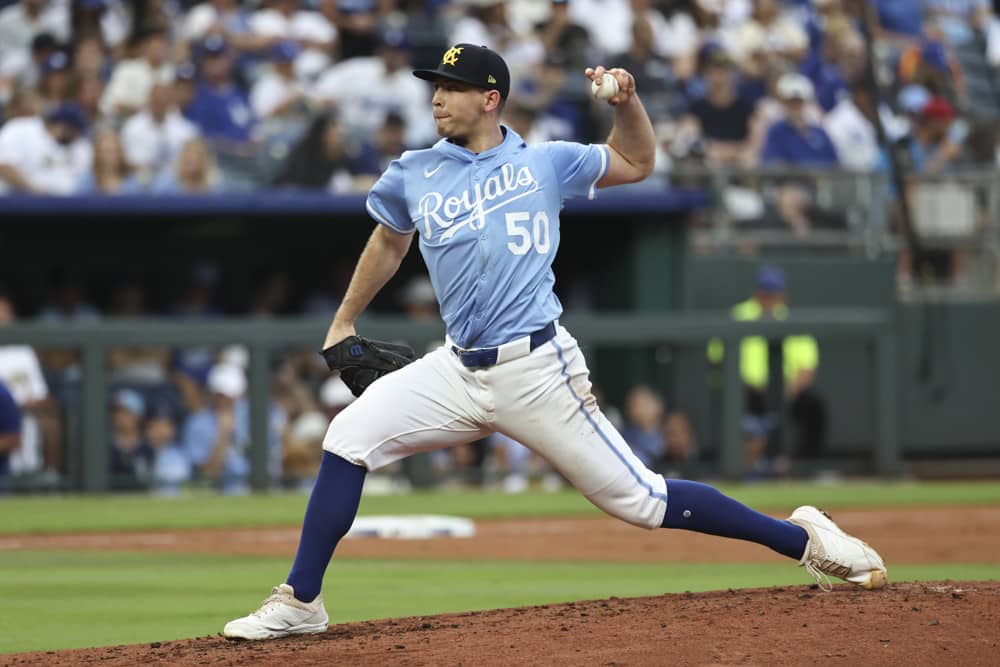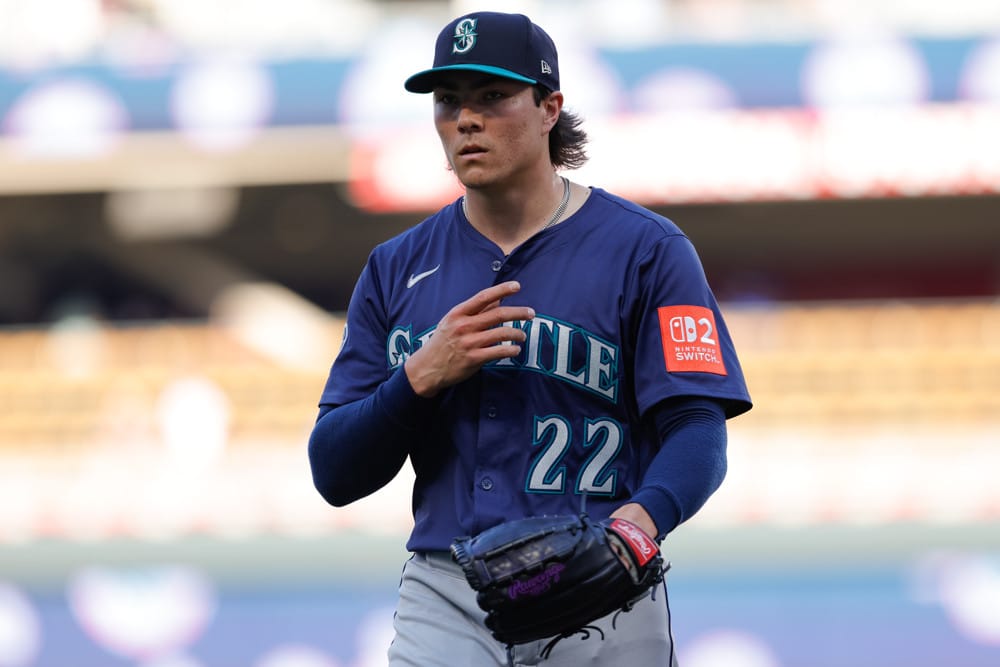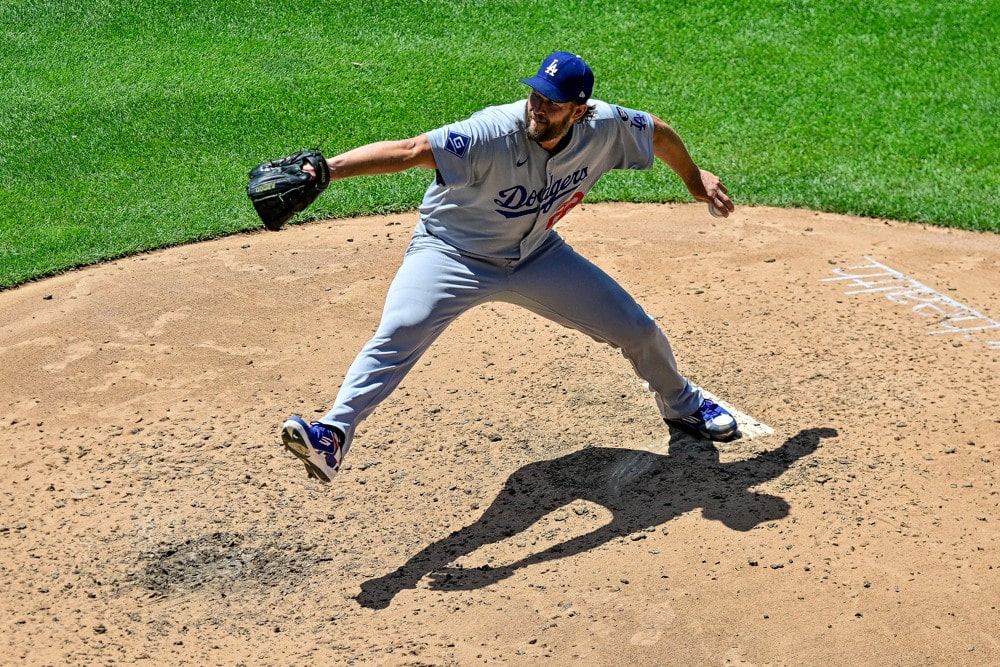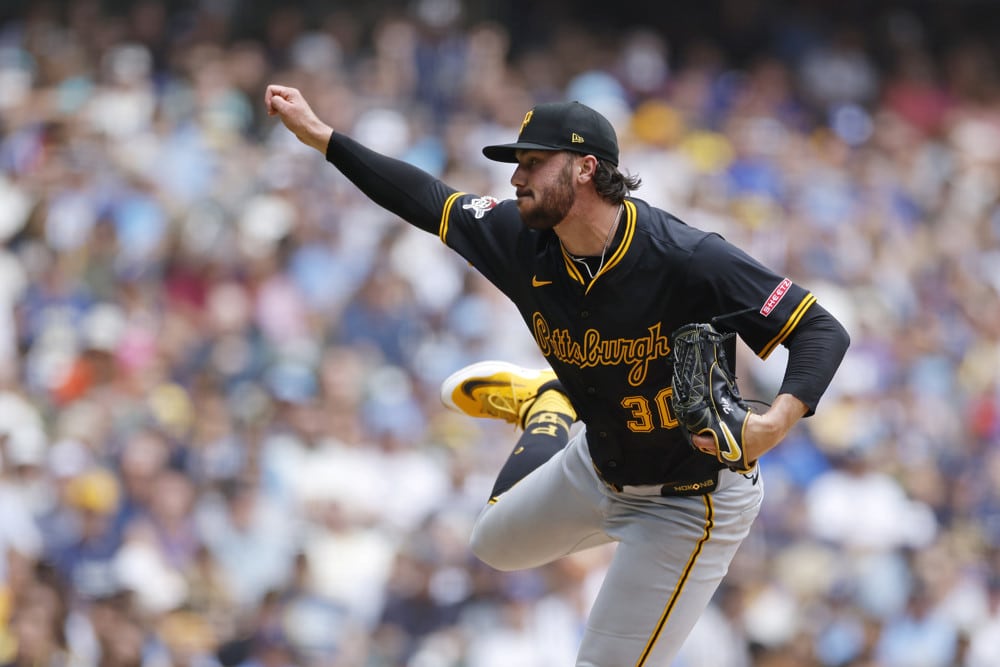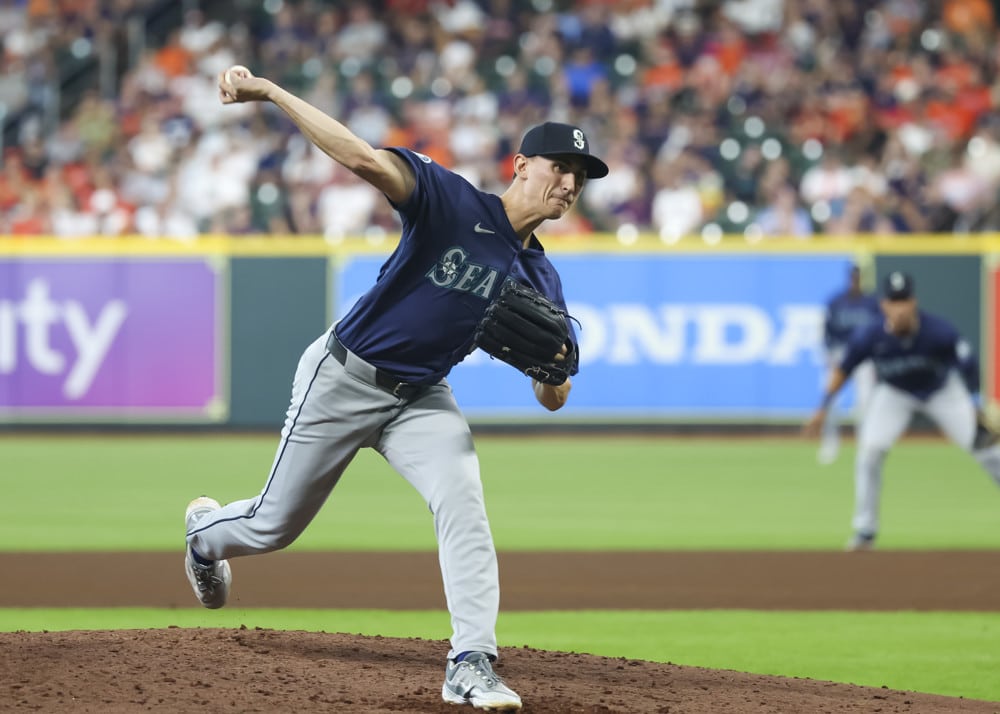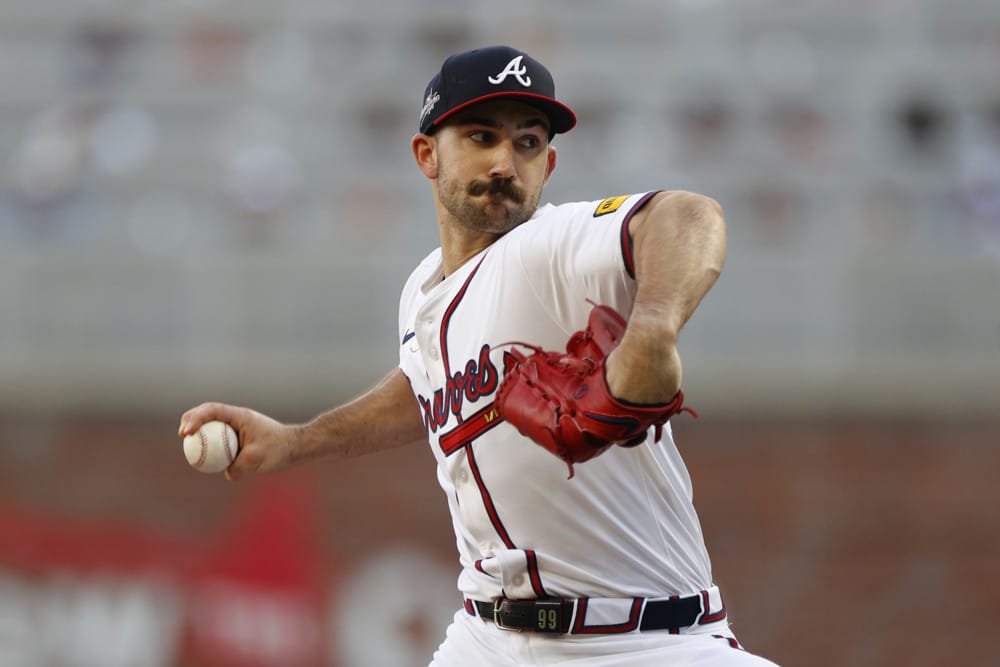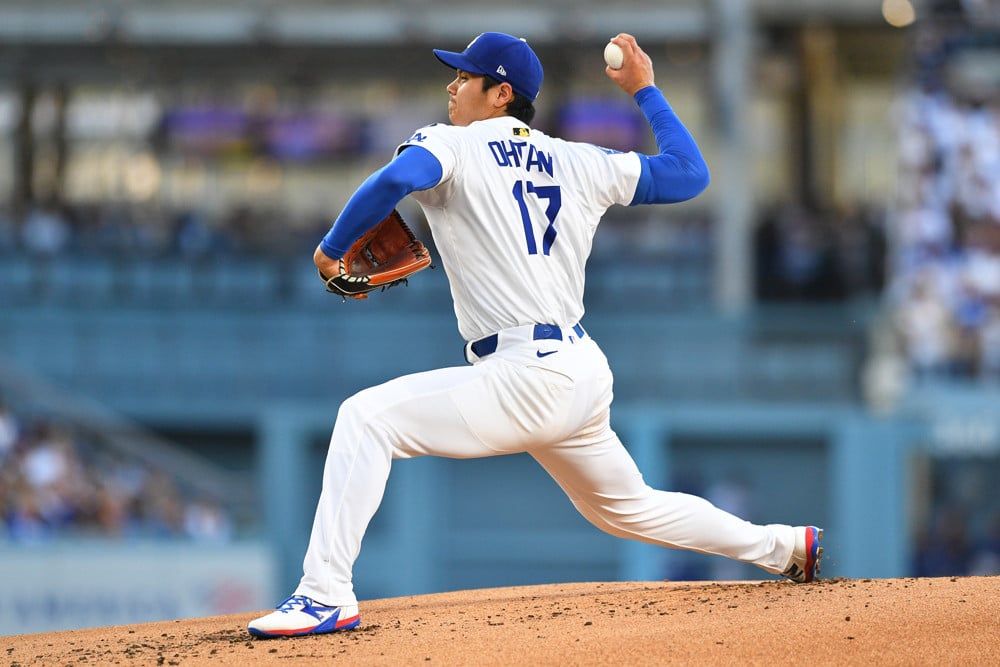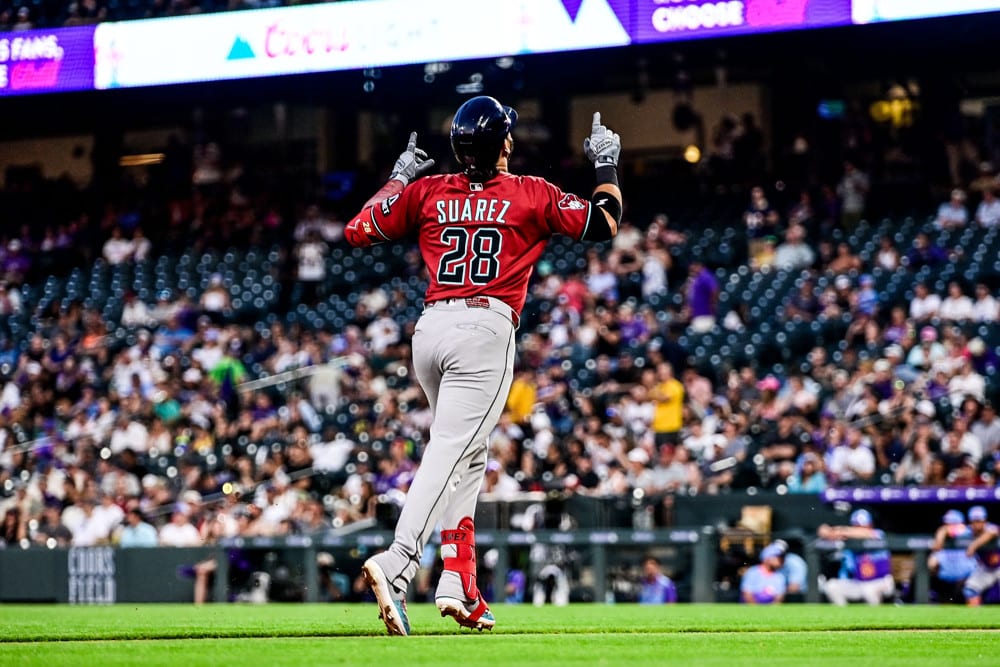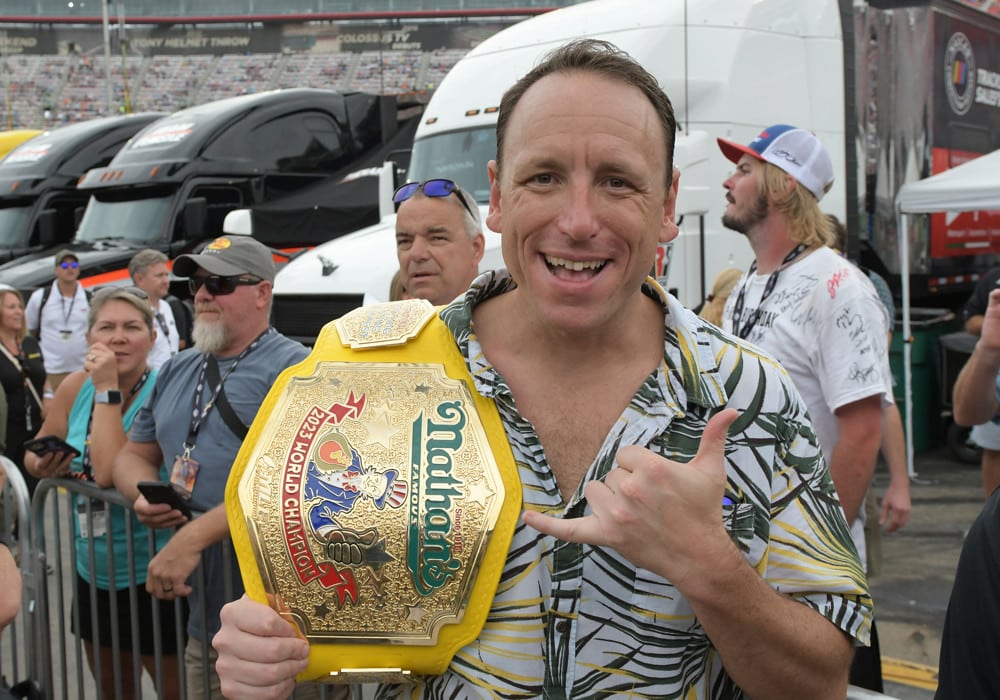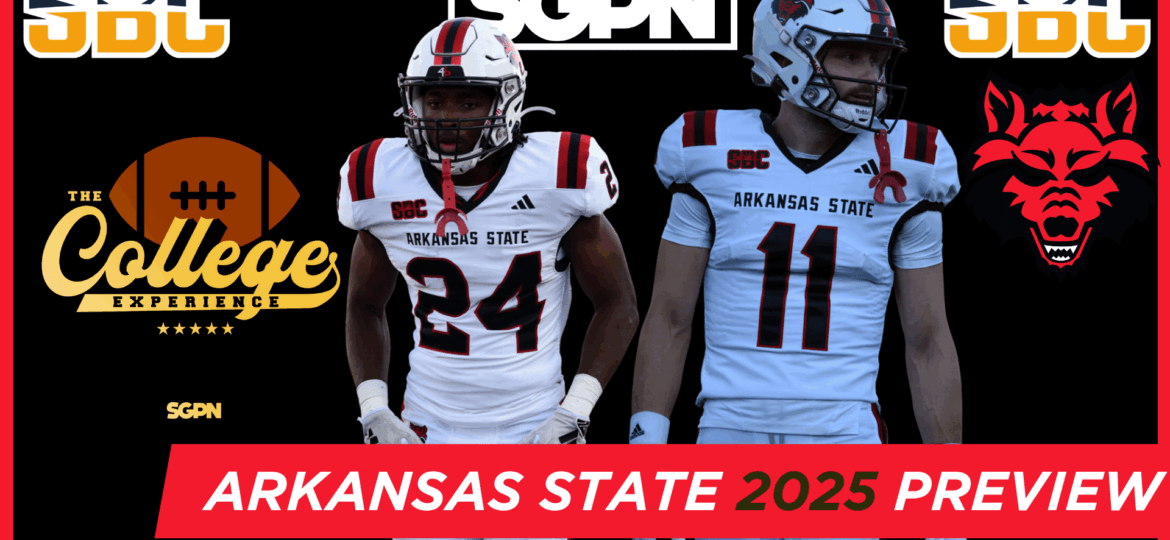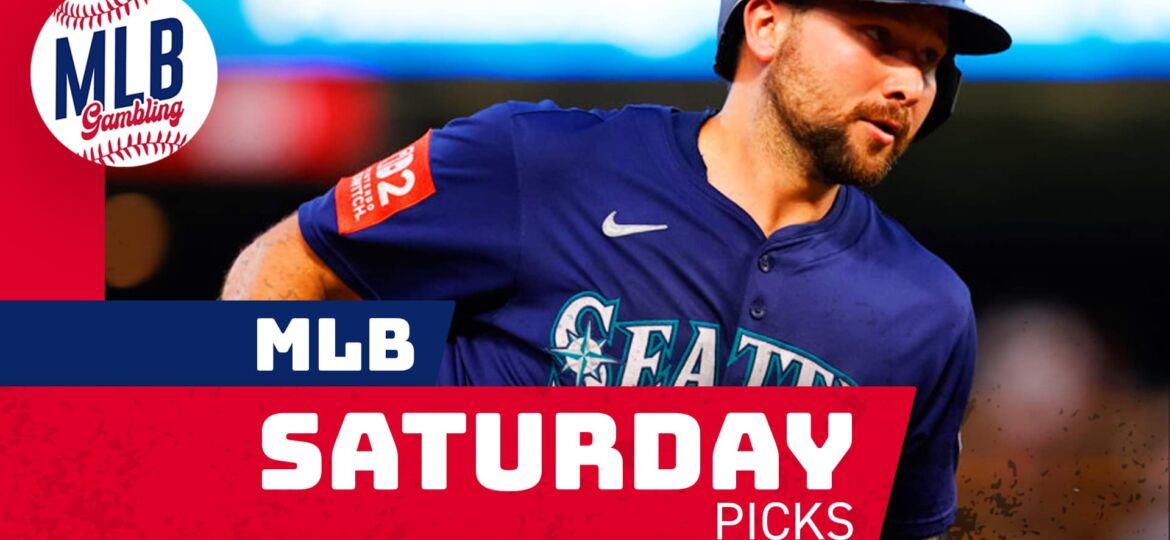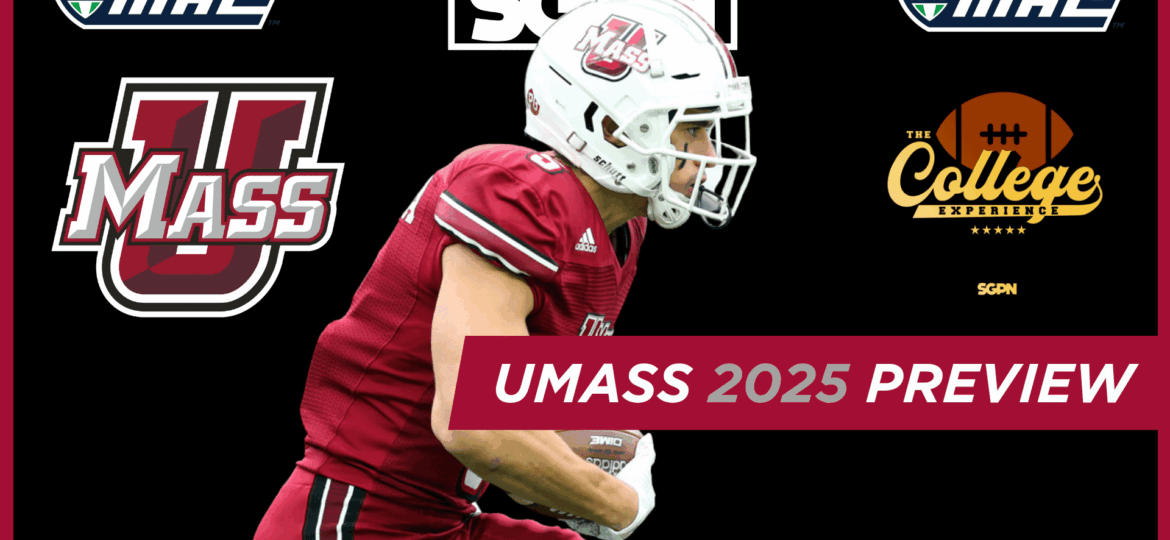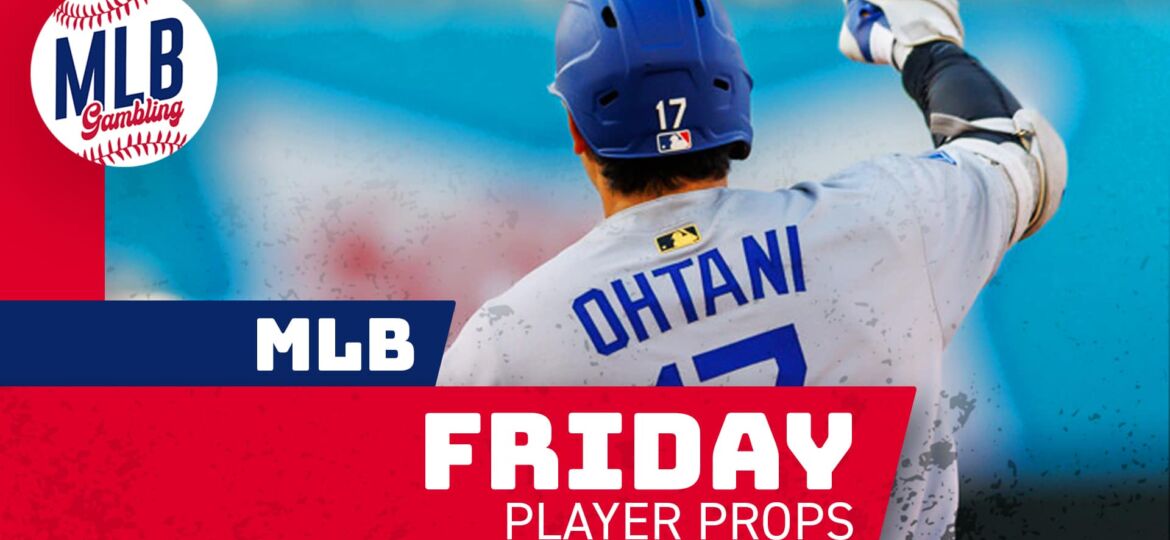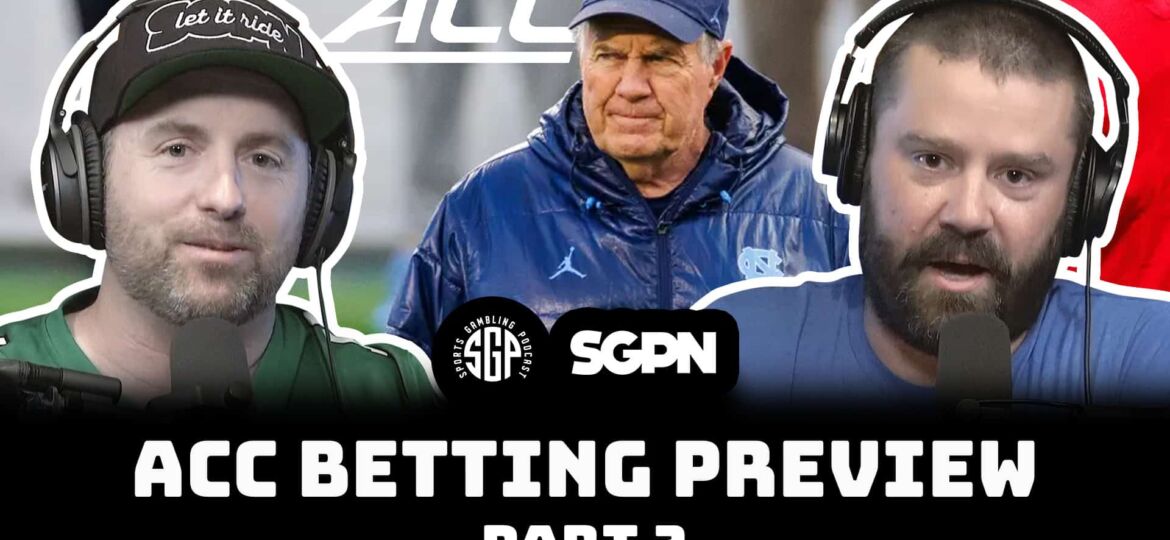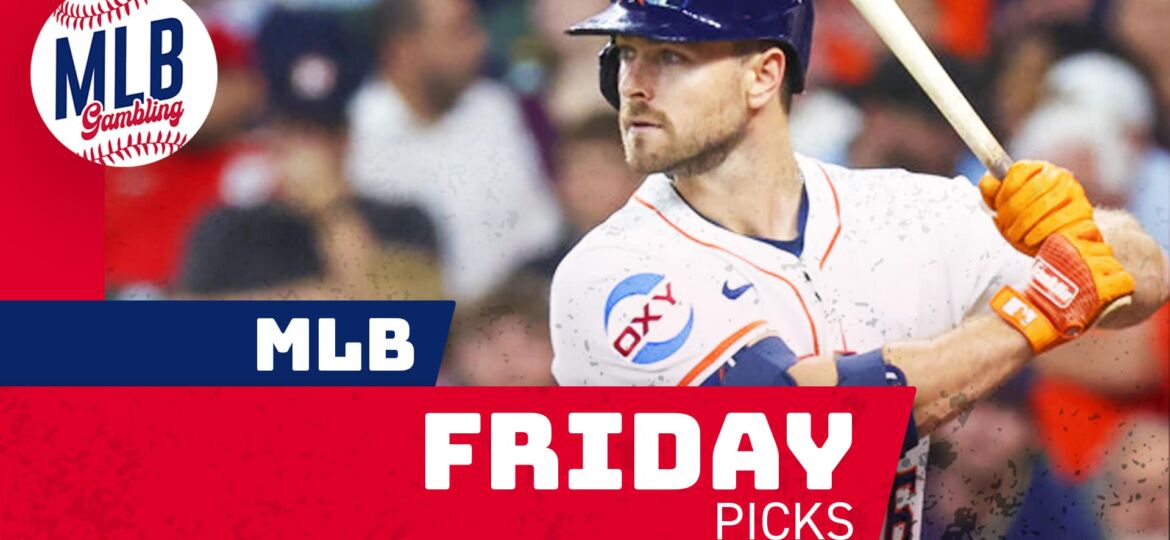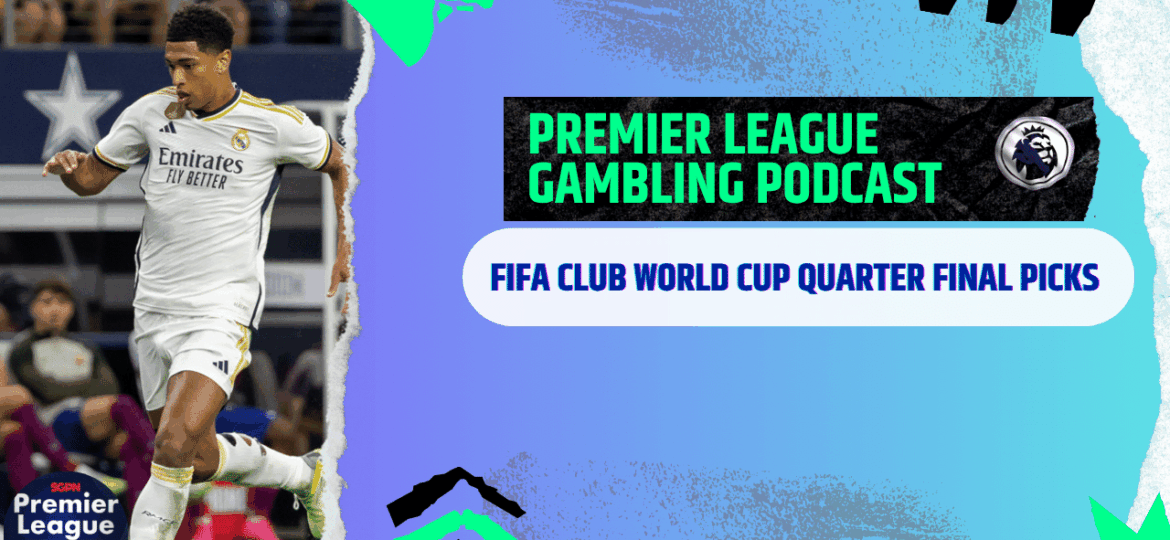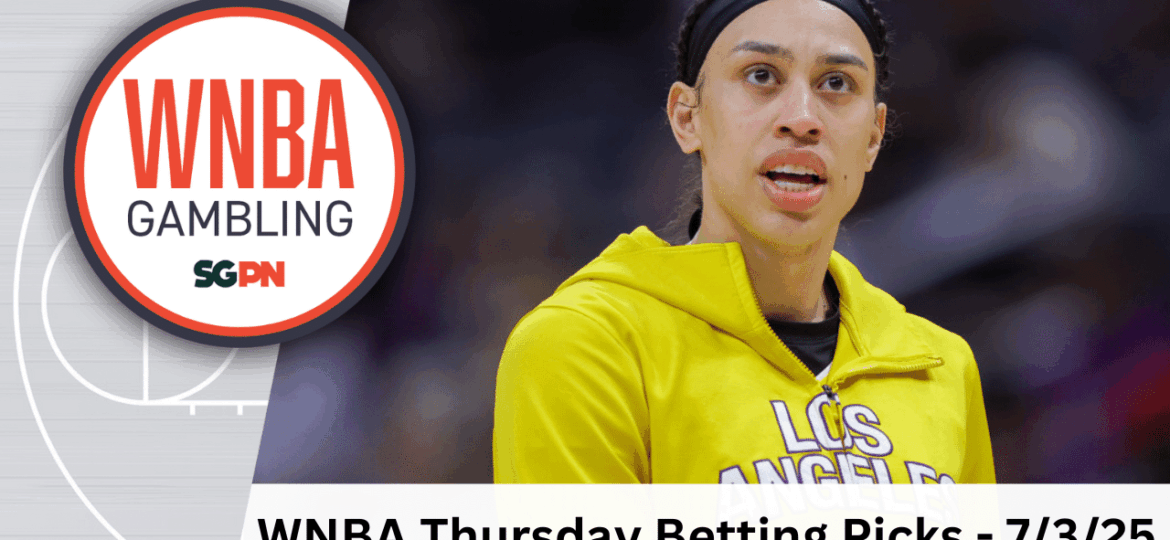For many years, people have laughed at me for both enjoying and betting on World Wrestling Entertainment, better known as WWE.
Here’s the thing. It may be the biggest reason you don’t win when it comes to sports betting as a whole, or at least, doing as well as you should; at least from a big picture standpoint of what you should learn from their profession.
If you’ll allow me for a second, I’d like to try to read what is going through your mind at the moment:
“It’s a fake sport.”
“Wrestling isn’t real.”
“Do you live in your mom’s basement?”
Well, if you think about it, since when does a scripted TV show, or a movie you went to see in the movie theater, have to be real for you to be entertained?
This argument is inherently flawed because it tries to appear “real,” and does a better job than any reality show on television, people want to tear it down. Essentially, the argument made by anyone is that WWE does such a great job of appearing real, that people feel the need to point out that it is indeed pre-determined, but yet don’t voice their displeasure with anyone seeing a movie that is fiction-because it’s just that obvious.
If you have watched anything other than true-life documentaries on Netflix or in the movies, you’re doing the same thing. I’d ask one question, is the movie The Avengers real? Do you you feel entertained by it? But after all, we’re here to talk about sports betting.
I’ve been so obsessed with the psychology of gambling for so long and as I pondered this theory, it was so crazy to me how man parallels I draw from professional wrestling and sports gambling.
*Spoiler Alert*
It’s pre-determined.
What does that mean?
The risk is real, it’s a lot like stuntmen putting their lives on the line for a movie, except it happens five nights a week. It’s about the people to me, the real people, not the characters they portray or the results. That may come to a shock as a UFC handicapper, when all I care about are results, but this is so much different.
Although betting on a WWE event is incredibly profitable, if you’re willing to put in the work. The biggest difference between betting on sports and the stock market, Insider trading is not only legal but encouraged.
It’s about the psychology, more than anything. Let me explain:
In sports handicapping, you have give up control to be successful. You can have the best read or handicap in the world on a sports game, but once the whistle blows and the game starts, it’s out of your hands. Handicappers like to call these outcomes bad beats, bad breaks, etc. But in a nutshell, it’s the same thing as a WWE wrestler, or as they call it, a WWE superstar.
Now, for the purposes of this article and exploration, we’re talking about entertainment and professional wrestling. However, let’s look at what sports psychologists recommend for anyone in the amateur wrestling ranks of the world for “in-between moments” in wrestling:
Relax Muscle Tension
Abbreviated Progressive Muscle Relaxation is a strategy you can carry out in just a few seconds. Begin by scanning your body for any muscle tension. Next, tighten the muscle as hard as you can and hold for at least three seconds. Then simply release the muscle. You should feel it relax immediately. You can also use this technique after a match to relax your whole body, working from your toes up to your facial muscles (but avoiding any injured areas).
Eliminate Negative Self-Talk
Matches in which it seems like you’re not at your best can trigger a stream of negative thoughts—like “I can’t do anything right” or “I can’t win.” When the whistle blows to reset the match, use it as a signal to end those negative thoughts. Immediately replace them with positive thoughts or affirmation. Even if you know you need to correct something in your performance, cast it in positive terms. For example, rather than saying “‘don’t get too high,” say “‘stay centered.”
Address Fatigue
In-between moments may remind you that you are tired, especially when the clock is winding down near the end of a match. Remember to use power phrases, power imagery and power breathing to build your energy back up.
Sound familiar for what anyone would tell a sports bettor do in moments of defeat, bad beats, or a bad break during the course of the game so you can succesfully see the board and “trade successfully?”
One of the biggest challenges I’ve tried to tackle as a sports bettor is the question, how do you practice? How do you get better? If you want to be a basketball player, you can go outside, pick up a basketball and shoot 1,000 free throws a night. You can get better by repetition. In the industry of sports betting, only the game can teach you the game. You have to take a step back and take an objective look at yourself, employ game theory, and evolve with the market based on what you see. But, there’s no repetition for sports bettors. You can’t go outside and pick up a basketball and go shoot 1,00 shots or pick up a football and throw it though a tire 1,000 times.
But as I stopped to think about this concept, beside actors being criticized for their predetermined performances, I couldn’t stop thinking of WWE. You see, as a predetermined outcome sport like WWE, the performers are playing characters and are largely pawns in Vince Mcmahon’s long term vision. Largely, over a long term sample size, the man is looked at as a creative genius, yet in small sample sizes fans of WWE are quick to voice their displeasure with the product and claim they will boycott the product, only to to tune in the next night to see if he can undue their distain because that’s how much distain-yet faith-they have in the creator of the product and his vision as the puppet pulling mastermind he is.
The issue many fans have is that many of the best pure pro wrestlers on the planet from a talent standpoint are kept down because, again, it’s pre determined and so much more goes into marketing a superstar.
So many times in WWE, the best professional wrestlers on the planet are not put at the forefront or main events because of factors including marketability, looks, size, and above all else, are graded on one thing, their ability to make money, or what’s known in the business as “draw.” This has absolutely nothing to do with their level of talent in-ring-and in most cases the most talented wrestlers in the world are used to make more marketable wrestlers look better. At the end of the day.
The best and most talented wrestlers lose much more than the worst guys in the business, because there is no control, as if fate has already been written and there’s nothing anyone can do to change it. After all, if the best actor in the world is supposed to “lose” or die at the end of the show or movie, do they have any creative control over it? Absolutely not. At the end of the day, the control is out of their hands, despite public narrative voicing displeasure with their performance. which is the perfect segue-way when it comes to sports betting and specifically todays version of social media mixed with sports betting.
At the end of the day, the parallel is the same, it doesn’t matter what you do, the outcome is out of your control, professional wrestling is just the visual form of this in motion. In WWE, their careers and outcome are determined by what one person sees in them, but in sports handicapping, it’s left up to fate, both are out of any one persons control.
How many times have you seen a handicapper talk about how things aren’t working out how they thought for a stretch, yet they won’t change a thing.
Well, do you see the parallel do something like this:
Or another performer unhappy with his position:
Thanks. Catering was delicious.
— ecIII (@therealec3) March 18, 2019
Bare with me for a second, because this is where I’m going to get a little dark on you. The illusion of control, much like a WWE superstar may feel they have based on their work ethic and dedication to craft are absolutely nothing to the one true god in their universe, in this case, Vince McMahon.
But, let’s loop this back around to sports betting for a second when it comes to gamblers and the illusion of control:
Illusion Of Control (IOC):
Introduction: Gamblers’ enduring illusions of control (IOC) may be one reason why they continue to gamble in the face of sustained losses. If gamblers persist in the belief that they have special skills, knowledge and other advantages when gambling, they may be able to convince themselves it is worth doing again. Maintaining an IOC requires selective attention of the illusion supporting moments during the construction of an evaluation of a gambling session.Objective: Test the hypothesis that selected moments, specifically the moment of the highest win and the last moment of the gaming session, explain the retrospective evaluation of the session for gamblers high in the illusion of control
Method: A total of 102 and 35 experienced gamblers were recruited from gambling venues and participated in two studies by gambling on 20 occasions on coin toss outcomes. Participants were asked to evaluate their enjoyment of the gambling experience they had just completed, and completed an IOC Beliefs Questionnaire designed to measure the extent to which they believe they are good at influencing gambling outcomes.Results: Gamblers with a high IOC use the largest win in their evaluation when they lose. This is consistent with the motivated selective attention hypothesis. Non-threatened gamblers, those with a low IOC or winners, use the final outcome as the determinant of their evaluation of the gaming session.Conclusion: The results suggest that instead of altering an important characteristic of self, gamblers instead reflect on the moment of a gambling episode that does not threaten, and in fact supports, their ability to find patterns in random events. Indicators of the illusion could be used to assist gamblers in controlling their own behavior.
Probably one of the most single influential contributions to the psychology of gambling was Ellen Langer’s series of experiments on the illusion of control in the 1970s. Her theories were based on the observations that some people treat chance events as controllable. For instance, it isn’t uncommon for dealers and croupiers who experience runs of bad luck to lose their job. Back in the 1960s, sociologists studying craps players noticed those throwing the dice behaved as if they were controlling the outcome of the toss. Typically, craps players threw the dice softly for low numbers and hard for high numbers. In a follow-up experimental investigation, psychologists showed that when playing with dice, people bet less money and were less confident if asked to bet after someone else had thrown the dice rather than throwing it themselves, even though the probability of success was the same in both situations. Ellen Langer argued that these behaviors are totally rational if gamblers believed their game was a game of skill.
And lastly, here’s the big one:
In three studies using people who bet on football games, Gilovich demonstrated that gamblers transformed their losses into ‘near wins‘. Gamblers pinpointed random or ‘fluke’ events that contributed to a loss but were unaffected by identical events that contributed to a win. I’m sure you can all think of instances like this when watching football. When your team loses, it’s not uncommon to berate the referee for a dodgy penalty decision or deride the linesman because he failed to spot an offside. You may end up blaming your team’s loss on one particular event. Had your team won with the dodgy decision going your team’s way, you would probably rationalize it and say your team would have won anyway because of their superior playing ability and skill. Gilovich also reported that gamblers spent more time discussing their losses and discounting them. For example, after a loss, a lot of time may be spent analyzing a small incident of a few seconds duration even though the game lasted 90 minutes.
In any profession, wether it be trading stocks, capital, or investing, you need to give up an element of control and free yourself that you have any control over the outcome once it has happened. Sure, live betting is another conversation, but that’s usually adding to or selling an original position based on what your are seeing in front of you, which is also a version of trying to gain more control and reacting to a the shortest version of sample sizes.
In a version of the world largely lived and shown on social media, both short term wins and losses should be treated the same in handicapping as they are treated in WWE. They are largely meaningless, and over the large term sample size, the cream with rise to the top, for lack of a better phrase. That being said, when someone is after status, respect, and admiration, theres one goal above all else, as long as someone is reacting to you, you’re winning:
If you think I just wrote that last phrase as a subliminal pitch in some way that if anyone is on a bad run you should discount it, I understand why, but that’s not the case. Let’s dig into the next version of this comparrision, 80’s WWE and its performers Vs. the old school tout, specifically one word: Promos.
Look familiar? No? Let’s stack it up against something like this:
Twitter war of words can certainly be likened and while WWE wrestlers are probably instructed just how to drum up interest in an upcoming match or event, you’re ignorant if you think that up and coming handicappers don’t take to social media to throw stones at established veterans in hopes they garner a response, the veteran’s following sees the interaction and possibly throws them a follow. Largely, the two businesses are mirror images of each other in today’s day and age.
In both worlds, there are cliques, factions, high earners, up and comers, good guys, bad guys, and bitter people who think they never got their big break at respect and admiration-let alone money-and want someone to blame.
At the end of the day, leave it to the person regarded as the greatest of all time to say it best:
What is under our control is our reaction and response to all that is out of our control.
— John Cena (@JohnCena) August 24, 2019


